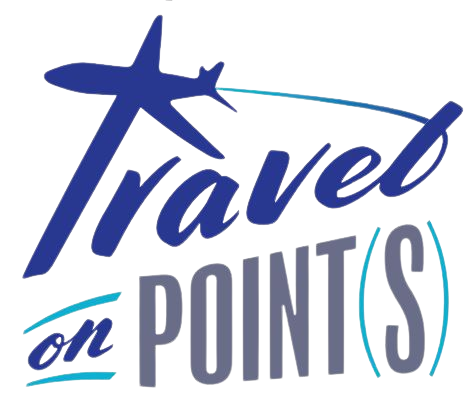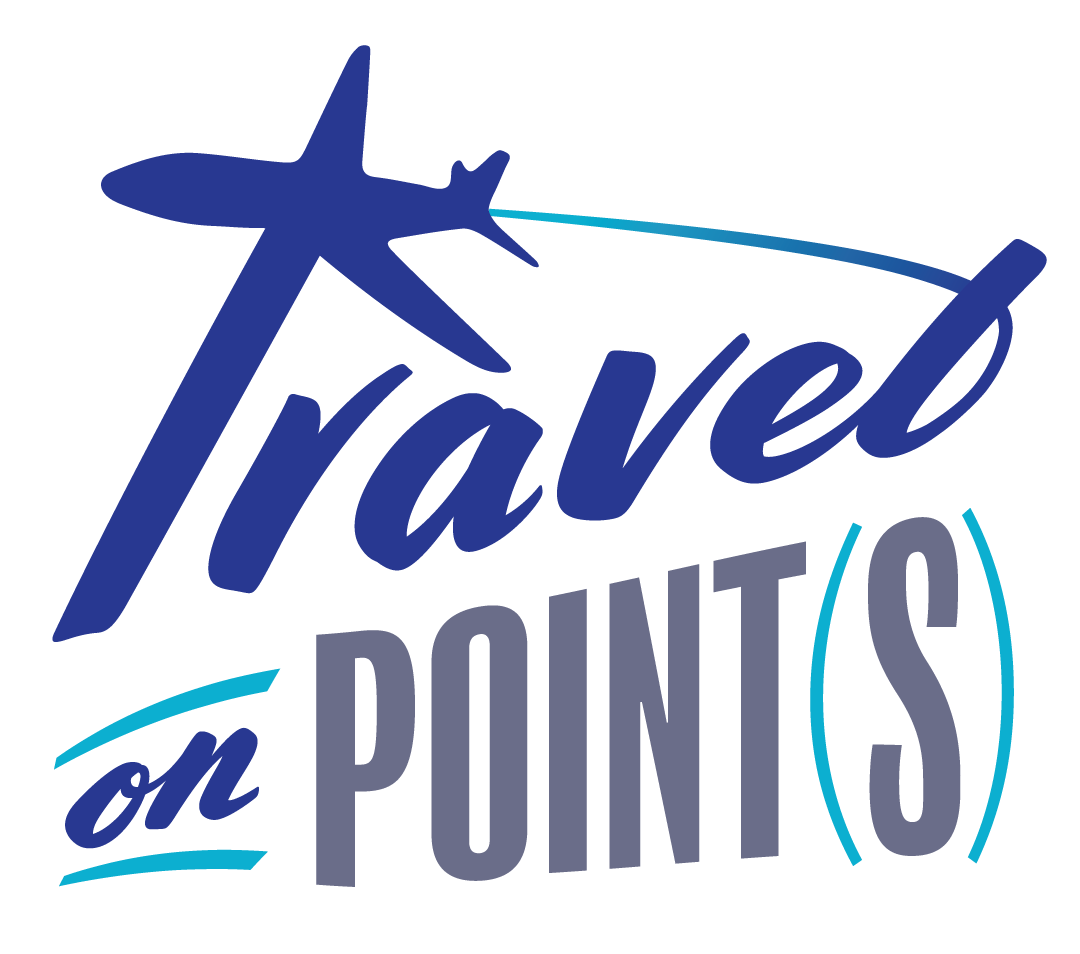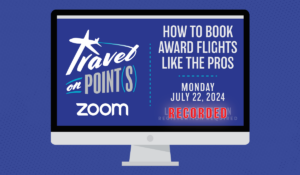Award Travel Mistakes
We all make mistakes when we start traveling on points. Often, these mistakes happen because we didn't know any better. To help you avoid these mistakes, we outline below the 10 most common newbie mistakes we have seen. All members of the ToP team have made at least a few of these award travel mistakes ourselves, so know that you are not alone. In fact, this is one of the reasons why we started our Beginner Zoom sessions.
Table of Contents
ToggleRELATED: Check out our ToP Tips for Dealing Banks
10 Most Common Beginner Award Travel Mistakes
Every award traveler out there has made at least one of these mistakes when starting out. We hope that by sharing these common mistakes, you can avoid some of these pitfalls as you start your award travel journey. And if you are new to award travel, make sure to check out our Getting Started page, which is an excellent resource for beginners.
1. Carrying a balance
Never carry a balance on a credit card. This is the most important rule in award travel. If you have credit card debt, do not open a new card until you have paid down that debt. The interest paid on credit card debt is very high and negates any benefits earned from points.
If you ever find yourself carrying a balance and paying interest on a credit card, stop applying for new cards immediately. Figure out a plan to pay off your credit card debt as quickly as possible.
To be clear: there is a difference between making on-time payments and paying your credit card balance in full. On-time payments require you to pay the “minimum amount due” that the bank requires from you. If you do that, your payment will not be considered late. However, if you still carry a balance, meaning you paid less than the amount due on your statement, you will incur interest charges. Always pay your credit cards in full.
2. Not knowing your 5/24 status
Chase's infamous 5/24 rule means that Chase will not approve you for a new credit card if you have opened five or more personal cards in the past 24 months. A lot of people starting off in award travel ignore 5/24 or simply don't know about it. But this is the most important credit card application rule. Period. If you ignore 5/24, you will miss out on opening Chase cards.
Chase offers some of the best credit cards in award travel, like the Chase Sapphire Preferred and the Chase World of Hyatt Credit Card. So when starting out in award travel, you want to start with Chase cards before going over 5/24.
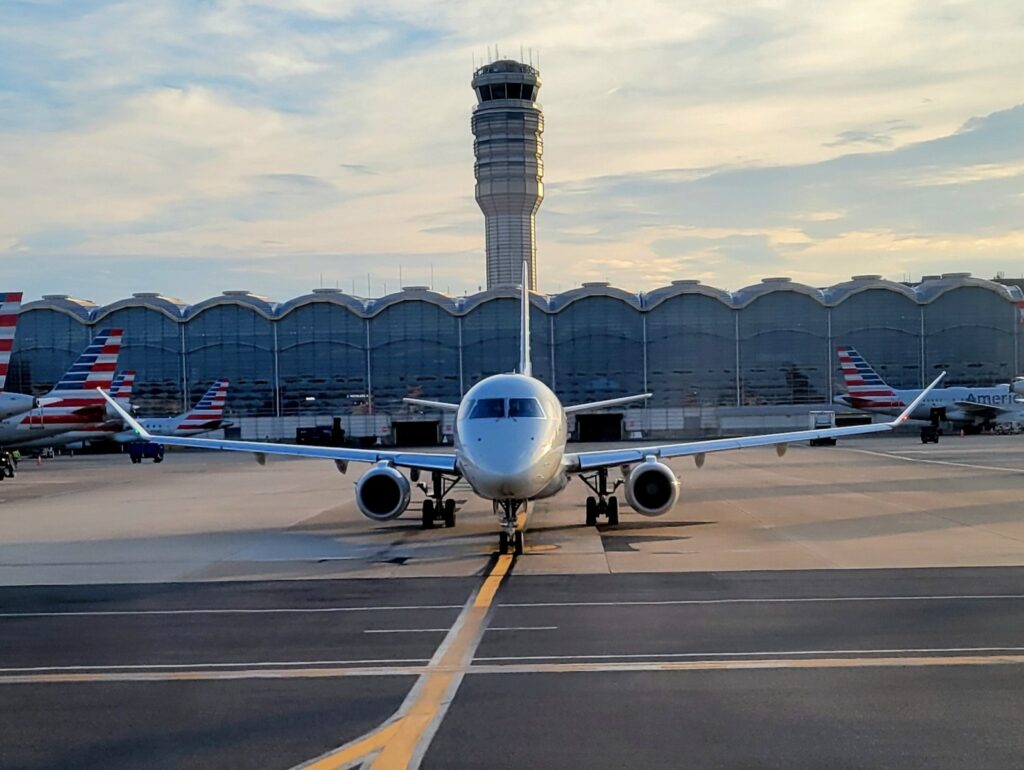
3. Falling for “big” welcome offers
Not all welcome offers are created equal. This is because credit card points currencies are each created differently. 1,000 Chase Ultimate Rewards are not the same thing as 1,000 Hilton Honors points. Transferable points currencies such as Chase Ultimate Rewards, Amex Membership Rewards, and Citi ThankYou Points are more valuable than points or miles from a specific hotel or airline program.
So many people take the bait and sign up for cards that have 100,000- or 150,000-point welcome offers without realizing what points they are actually earning. Simple question: would you rather get $100 U.S. dollars or $100 Venezuelan Bolivars? One of those will get you a lot more bang for your buck. The same goes for credit card points.
We all want the best welcome offer available. But the type of points is always more important than the sheer amount of the welcome offer.
4. Not meeting minimum spend
Welcome offers are the fastest way to earn points and miles. If you don't meet minimum spend and miss the welcome offer, you lost the biggest reason for opening that new credit card. That is why it is so important to make sure you have a plan to meet minimum spend for every new credit card.
No credit card earns points per dollar on bonus categories as fast as you can earn points by meeting minimum spend. Think about it this way: a card offers 60,000 points after your spend $4,000 spend in 3 months. This means you earn over 15 points per dollar by meeting that card's minimum spend. No credit card earns you 15 points per dollar on any spending category.
Missing the minimum spend has a few different consequences. First, any spend that you did put on the card will have been almost useless, and could have been used to actually meet minimum spend on another card. Also, you will have had a credit pull without receiving the benefit of getting a big welcome offer. Lastly, you will have opened a new line of credit that you might not even need, which could affect future applications with that same bank or even other banks. (Imagine using up a 5/24 slot and missing the minimum spend?!)
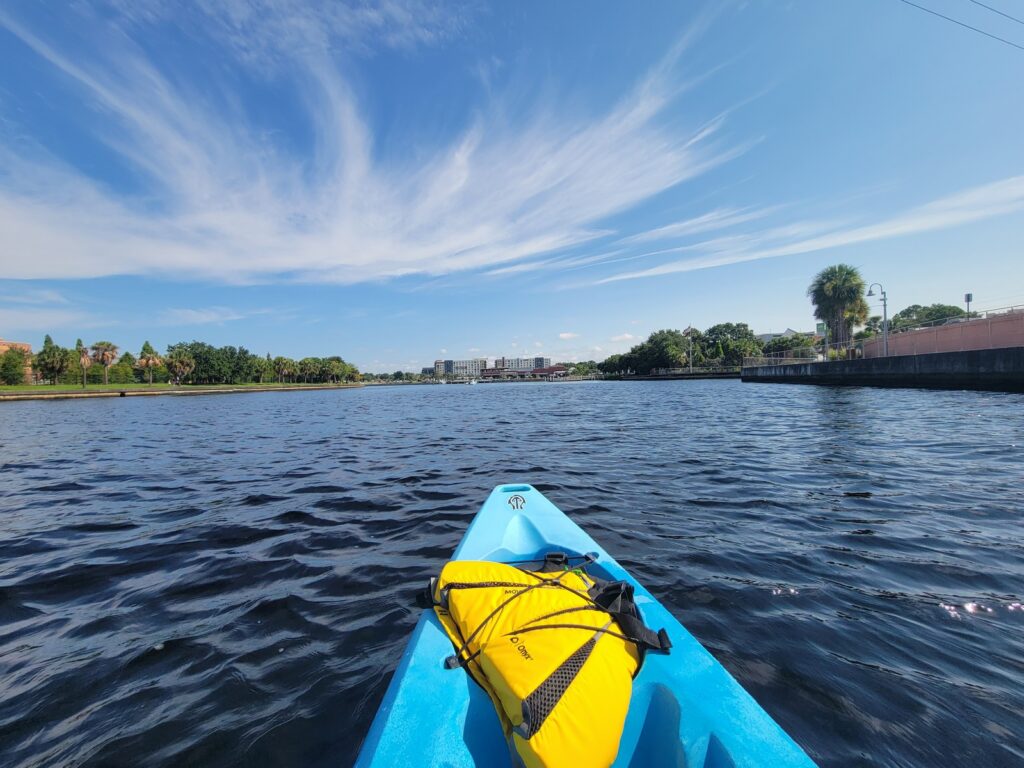
5. Not applying for business cards
Business cards are not just meant for big companies with many employees. A lot of businesses qualify for business credit cards. In fact, most business cards are designed for small businesses, and small businesses include many side hustles. Dog walking, baby sitting, tutoring, selling arts & crafts that you make, and rental properties are just a few examples.
One of the biggest benefits of business cards is that they generally do not count towards 5/24. This means you can keep earning big welcome offers without adding to your 5/24 count. Business cards from a few banks do count towards 5/24, but not from banks like Chase, Citi, and Amex.
6. Too much, too fast
Trying to do too much too fast raises a lot of red flags. Banks may fear accepting card applications from folks who have opened a lot of credit cards within a short period of time. Banks could see this as a sign of financial troubles or just plain irresponsible behavior.
It is important to plan ahead. What cards do you want to earn and when? Do you need cards to help you reach airline or hotel status? Are you planning to get the Southwest Companion Pass? When do you expect to drop below 5/24? Do you have a big purchase coming up that you can use to hit minimum spend on a new card? Answering questions like these can help you determine your game plan for the next several months. Getting denied for a new card because you are moving too fast can negatively affect the rest of your strategy.
And remember: award travelers are all different. We each have different goals, preferences, and levels of comfort. FOMO is real, but it's important to avoid falling for it. Traveling on points is a marathon, not a sprint.
7. Applying for a new card because of a mailer
We've all seen them. Countless banks send us mailers with shiny offers to get us to apply for a new card. Like #3 above, don't fall for these. Look at the actual offer to see whether it is worth your time.
Also, a lot of times mailers don't even have the best offer available. Amex in particular sends a lot of mailers offering big welcome offers. But often you can find even better offers directly on Amex's website or through referrals. In fact, many banks award you bonus points for referring friends and family. By signing up for a mail offer, you miss out on helping a friend or family (or your P2).
Think of this like shopping for the best price for a big purchase. When buying a TV or a car, do you just buy the first one you see without comparing prices? The same goes for credit card applications.

8. Being afraid of high annual fees
Most rewards cards have annual fees, and the higher annual fees look scary. But they are always worth it in the first year when earning a welcome offer. For example, earning 150,000 Amex Membership Rewards through a welcome offer for the Amex Platinum card always makes the card's $695 annual fee worth it. You can get so much more than $695 in value from those 150,000 points by transferring to Amex's transfer partners. And if you need the cash to pay for that annual fee, you can always cash out some of the points from the welcome offer to cover the annual fee.
For most transferable currencies, you need at least one card with an annual fee to be able to transfer points to partners. For example, with Chase, you need to have a Chase Sapphire Preferred ($95 annual fee), Chase Sapphire Reserve ($550 annual fee), or the Chase Ink Business Preferred ($95 annual fee) to transfer Ultimate Rewards to partners. Without one of those cards, you cannot transfer your points to Chase's many transfer partners.
There is no reason to fear high annual fees. That said, after your first year, it's worth assessing whether it still worth holding the card.
9. Being too loyal to a brand
You do not need an airline or hotel credit card just because you fly a specific airline or stay at a particular hotel a lot. You don't need United miles to fly on United, or Delta miles to fly on Delta. Transferrable points currencies like Chase Ultimate Rewards, Amex Membership Rewards, and Citi ThankYou Points can be used to fly any those airlines.
Eventually, applying for a hotel or airline credit card could make sense. But that usually happens after you have already opened a lot of other credit cards.

10. Analysis paralysis
There is a lot of information out there about award travel. Acronyms, credit card application rules, card benefits, transfer partners, finding and booking awards–there is simply too much information for any one person to read and digest. That is why we share our questions, challenges, and other data points in our Facebook group. We learn from each other ever single day.
There is nothing wrong with asking questions. Someone will always know more than you. The more folks you reach out to, the more you can learn and succeed.
Award Travel Mistakes: ToP Thoughts
All of the ToP team's members have committed a few of these mistakes in the past. But just because we did doesn't mean you have to. And even if you do, you can learn from it, just like we did. You can also learn from fellow award travelers by asking questions and sharing your experience with others in our Facebook group.
